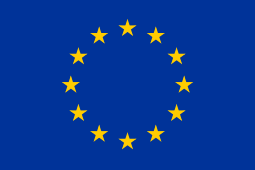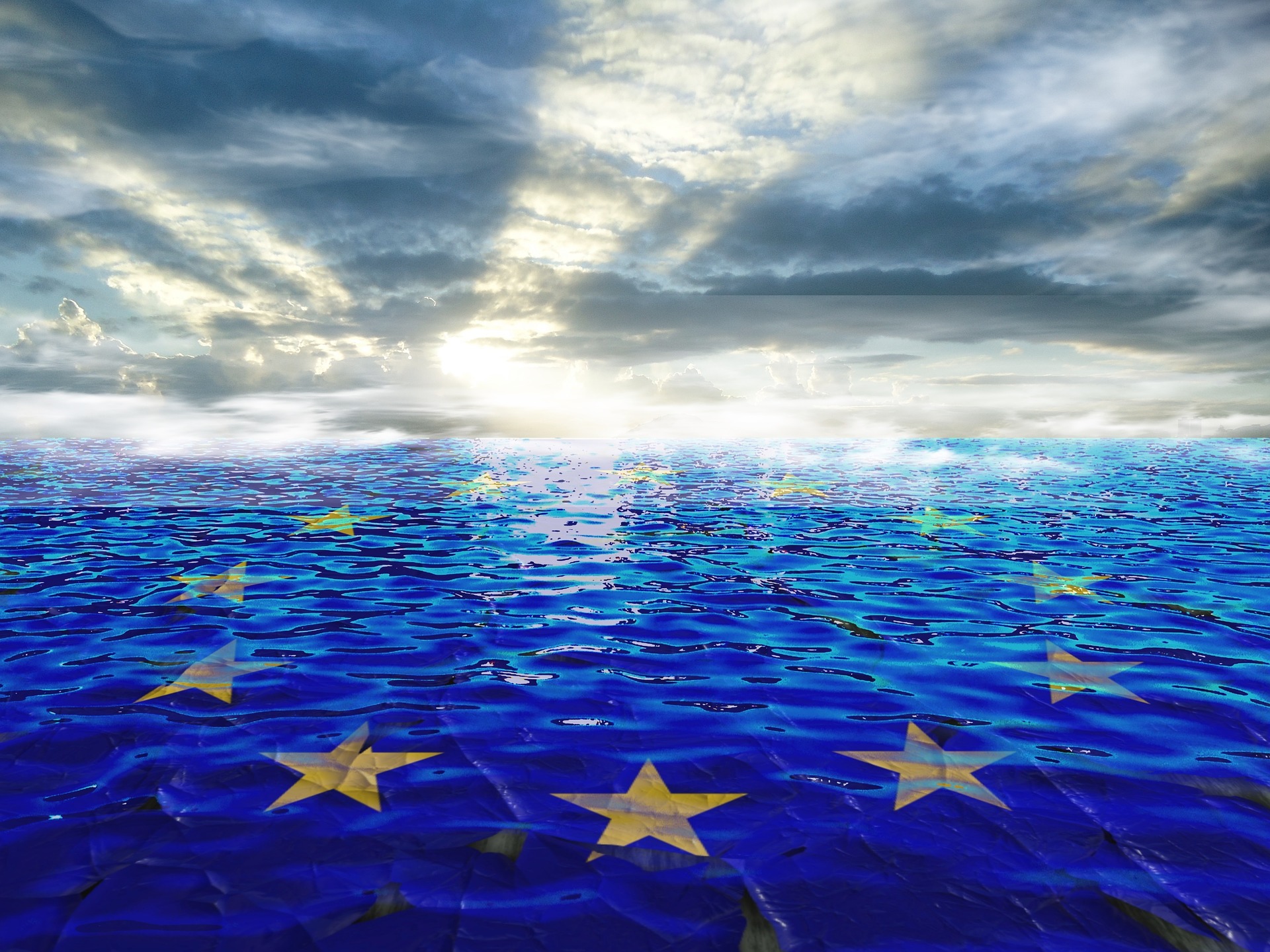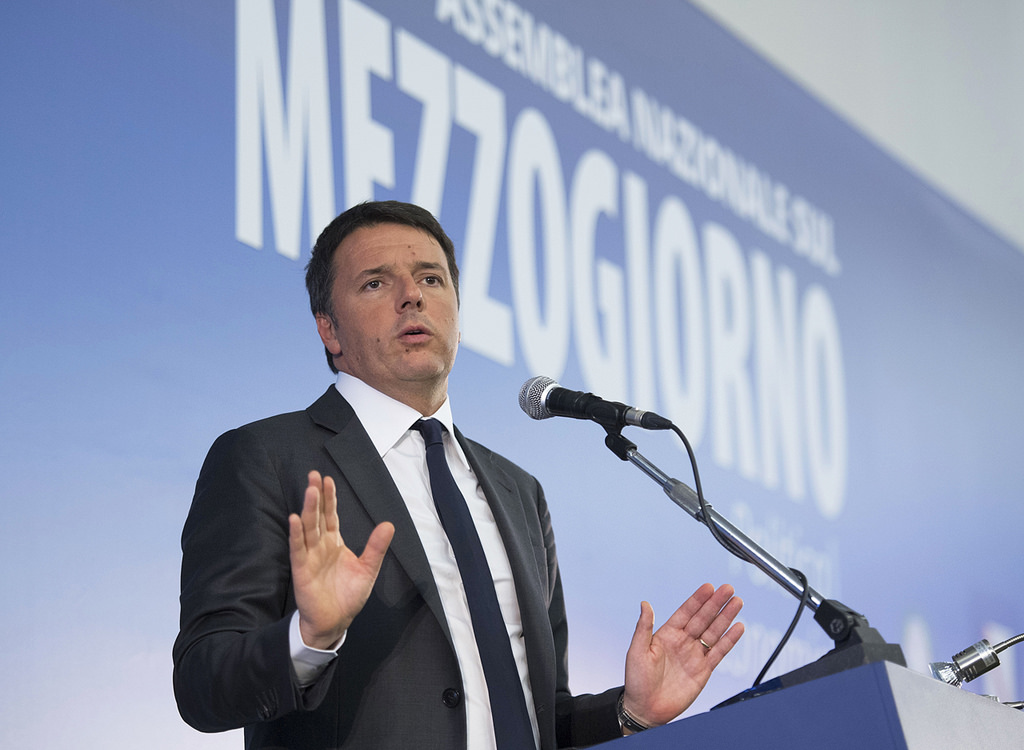Latest blog articles
-
The European Union (EU) and Turkey have a long and multifaceted relationship. In this entry (based on a recent longer analysis) we focus on Turkey’s involvement with the EU’s decentralised agencies, and more particularly on whether and to what extent this involvement can be viewed as a part of a...
-
The Boards of Appeal established for the decision-making agencies perform a function that lies between exercising administrative review, at the one end, and offering judicial review, at the other. It is still unclear in which direction they will ultimately move, and more research in this fast...
-
by Trym Nohr Fjørtoft
In 2015, many European states experienced a massive influx of migrants and refugees seeking protection within their borders. The European Refugee crisis was a crisis in many respects—first and foremost for the people forced to flee their homes, but also for the institution... -
EU agencies are now at the forefront of policy implementation in EU’s migration, asylum and external border control policies for two primary reasons: to overcome the policy implementation gap and enhance interstate solidarity.
-
When the three main institutions adopted the Common Approach on EU Decentralised Agencies in 2012 one of the few innovative elements in this otherwise disappointing non-binding interinstitutional agreement were the provisions dedicated to the selection of the seat of EU agencies. As many EU-watchers...
-
It is, I think, fair to say that Brexit is not going well. Some even think that it is a ‘complete and unmitigated mess’. No doubt at least in part for this reason, there has been a flurry of commentary arguing that such momentous a decision should not have been taken by way of referendum (for a...
-
Concluded at the end of 2015, the European Union-Vietnam FTA (EVFTA) has marked a successive breakthrough for the EU in exporting its long-standing sui generis protection of geographical indications (GIs). With respect to the scope of protection, the GI chapter in EVFTA has introduced a peculiar...
-
As you may remember: in April 2016 the majority of the voters voted 'no' against the ratification act of this association agreement. According to the referendum a legislative proposal is needed as soon as possible in which the effects of the referendum will be arranged. (Dutch only)
-
Published on LBM. Rutte has managed it eventually. The European council has adopted a legally binding document for the 28 member states in its decisions, on December 15th, 2016. The document relates to the EU-Ukraine association agreement that would help alleviate some concerns of those who voted...
-
In the 4th December referendum, Italy rejected the constitutional reforms promoted by the Renzi’s government. As a consequence of the “No” vote, the Prime Minister decided to resign. While the vote was influenced primarily by internal factors, the result may open a period of uncertainty for both...
